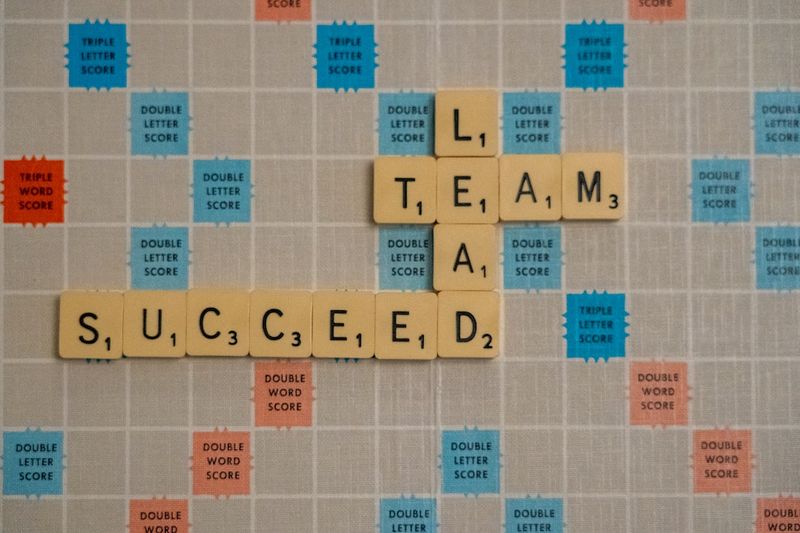US-China Relations: Biden Stands Firm, Expresses Confidence in Meeting with Xi Jinping
Biden Rejects Theory of Collapsing Relationship with China
US President Joe Biden has voiced confidence that he will meet with Chinese President Xi Jinping in the near future, despite recent tensions between the two countries. Biden’s remarks come after angering Beijing by comparing Xi to “dictators.” However, he stood firm in his comments, stating that he will not shy away from expressing his opinions on China.
During a news conference alongside Indian Prime Minister Narendra Modi, Biden rejected the idea that the relationship with China is collapsing. He praised the recent talks between Xi and US Secretary of State Antony Blinken, highlighting their efforts to manage tensions between the two powers.
Biden’s Confidence in Meeting with Xi
Biden’s confidence in a future meeting with Xi demonstrates his belief in the power of personal diplomacy. He mentioned that he had spent more than 24 hours talking to Xi when they were both vice presidents, contributing to a cordial relationship when they met as presidents for the first time in November.
Furthermore, both Biden and Xi are expected to attend the next G20 summit in New Delhi, India in September. Additionally, Biden has invited Xi to San Francisco in November for the Asia-Pacific Economic Cooperation forum, showing his commitment to open dialogue and engagement with China.
The Balloon Incident and China’s Reaction
One incident that heightened tensions between the US and China was the alleged surveillance balloon that flew over the US mainland in February. Biden claimed that Xi was unaware of the balloon, causing embarrassment for dictators when they are uninformed about such issues. The incident caused a public uproar in the United States and led to the cancellation of Blinken’s initial trip to Beijing.
The Chinese embassy in Washington lodged a protest with the White House and the State Department, condemning Biden’s remarks about Xi as “erroneous, absurd, and irresponsible.” This highlights the sensitivity and importance of effective communication between the two nations in managing potential conflicts.
The Importance of Open Dialogue
Biden’s belief in personal diplomacy and open dialogue with China reflects his approach to global relations. While his comments may have ruffled feathers in Beijing, it is crucial to maintain channels of communication and engage in constructive discussions.
However, not all Western leaders share Biden’s outspokenness. New Zealand’s Prime Minister Chris Hipkins, who is set to visit Beijing next week, disagreed with Biden’s assessment of China’s leader. He emphasized that the form of government in China is a matter for the Chinese people.
Editorial: Balancing Diplomacy and Criticism in US-China Relations
The Complexity of US-China Relations
US-China relations are inherently complex, given the vast differences in political, economic, and social systems between the two nations. It is essential for leaders to balance diplomacy and criticism when engaging with each other. Open lines of communication and dialogue play a crucial role in managing potential conflicts and fostering understanding.
The Power of Personal Diplomacy
Personal diplomacy, as exemplified by Biden’s desire to meet with Xi and his prior conversations with him, can help build rapport and trust between leaders. Biden’s belief in the benefits of face-to-face meetings demonstrates his commitment to strengthening bilateral relations and finding common ground with China.
The Importance of Mutual Respect
While it is essential to address differences and concerns, leaders must ensure that criticism is conveyed respectfully and within the bounds of diplomatic norms. This approach allows for the preservation of dialogues and prevents unnecessary escalations.
Avoiding Unnecessary Confrontations
Both the United States and China need to recognize that unnecessary confrontations can undermine the prospects of building a stable and constructive relationship. It is in the interest of both nations to find common ground and work towards mutually beneficial outcomes.
Australia’s Role in US-China Relations
As an ally of the United States and a significant trade partner with China, Australia plays a vital role in US-China relations. It is crucial for Australia to maintain open lines of communication with both nations and continue to foster constructive dialogue. Australia should strive to balance its economic interests with its commitment to human rights and democratic values.
In conclusion, while tensions between the United States and China persist, Biden’s confidence in meeting with Xi Jinping and his belief in personal diplomacy are positive signs for future relations. It is essential for leaders to balance diplomacy and criticism and approach conflicts with mutual respect. Open dialogue and constructive engagement will be key in managing US-China relations and promoting stability in the Asia-Pacific region.

<< photo by Sushil Nash >>
The image is for illustrative purposes only and does not depict the actual situation.




